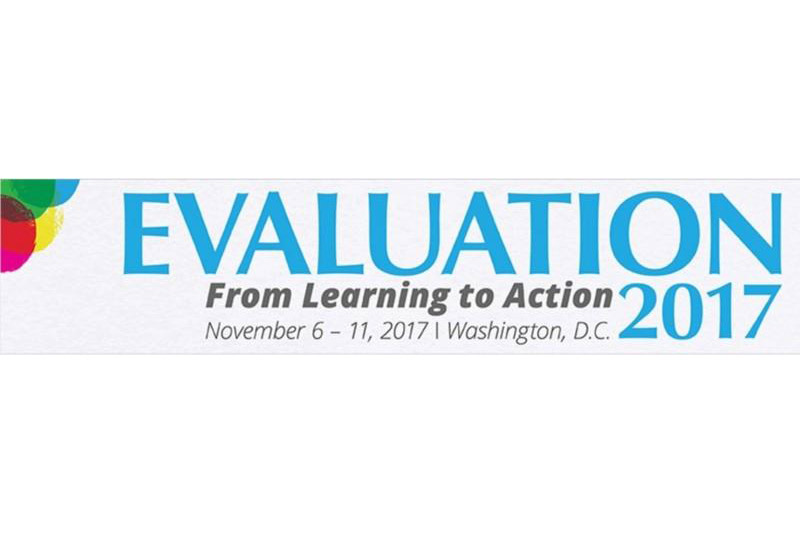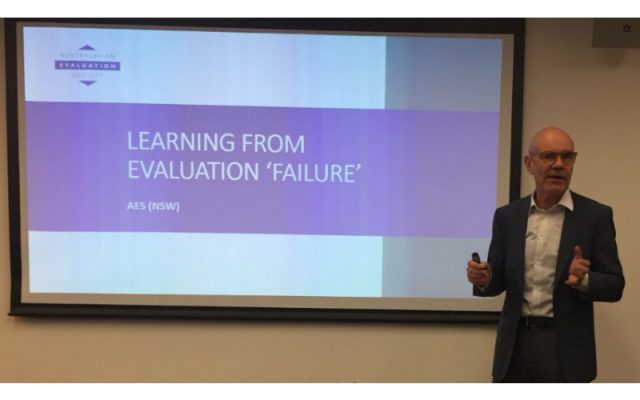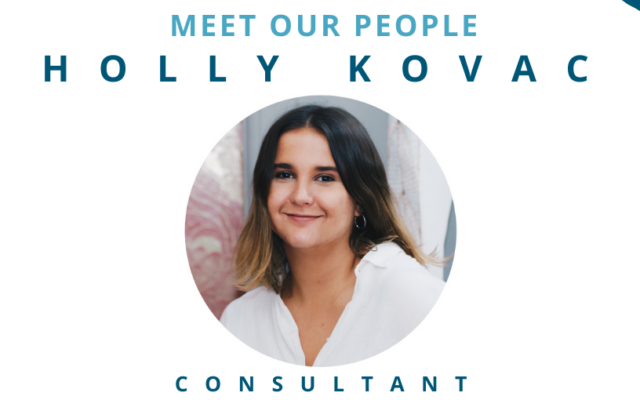
Learnings from the virtual American Evaluation Association Conference
There were plenty of interesting views in the virtual stream of the 2017 American Evaluation Association Conference. The Presidential Strand sessions focused on turning learning into action, and finding solutions to challenges, to create greater good for society.
Continuing the Dialog Evaluation’s Call to Action, 21st Century Perspectives in Addressing Race. Nicole Bowman: Evaluators need to understand the origins of the ‘authority structures’ they operate in. We don’t own knowledge; we’re caretakers of it. Leon Caldwell: Evaluators should be all social justice minded. Jara Dean-Coffey: Evaluators should stop hiding behind the notion of objectivity. You can have an end in mind, but still be rigorous.
Learning to Swim Against the Main-stream: Learning from Feminism. Donna Podems: Feminist evaluation isn’t about advocacy. It’s about upholding values, treating people with respect, and asking difficult questions. It deepens understanding and insights. It has friends in culturally competent evaluation, participatory evaluation and systems thinking. Michael Quinn Patton: Evaluation is a political activity. Evaluators need to acknowledge and account for that. The notion of objectivity creates distance, not trust and context-based understandings. We need to recognise that there are multiple ways of knowing and that some have been privileged over others. We should aim to make knowledge a resource for the people who create, hold and share it. (For me this has echoes of Sandra Mathison’s kicker keynote at the 2017 Australasian Evaluation Society International Evaluation Conference, in particular her call to ‘speak truth to the powerless’.)
Developing and Sustaining Communities of Practice. Leah Neubauer et al: Enablers include intentionality and shared purpose, clear values, creation of a rhythm, combination of familiarity and excitement, allowance for different levels of participation, creation of a safe space to ask questions and leadership commitment. What defines a successful Community of Practice is context based; but it needs to provide value to members. Oh and you can quickly create an online learning community with keen participants who are willing to share.
Overcoming Barriers to Building a Dynamic Evaluation-Informed Learning Culture in Philanthropy. Julia Coffman: There are many potential barriers, including lack of a learning culture, integrated processes and tools geared for learning. But cases show how barriers have been overcome. Debra Joy Perez: Take the opportunity to learn from failures. Veronica Olazabal: When using short-term adaptive review cycles to support learning, keep an eye on how you will measure longer-term impact. Huilan Krenn: Ask who learns, for whom, about whom and with whom?
The key take-away for me? You cannot be too keenly aware of the role of value, values and valuing in evaluation.




